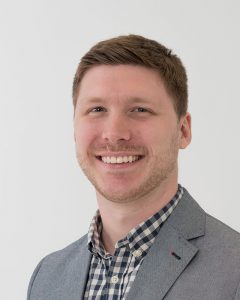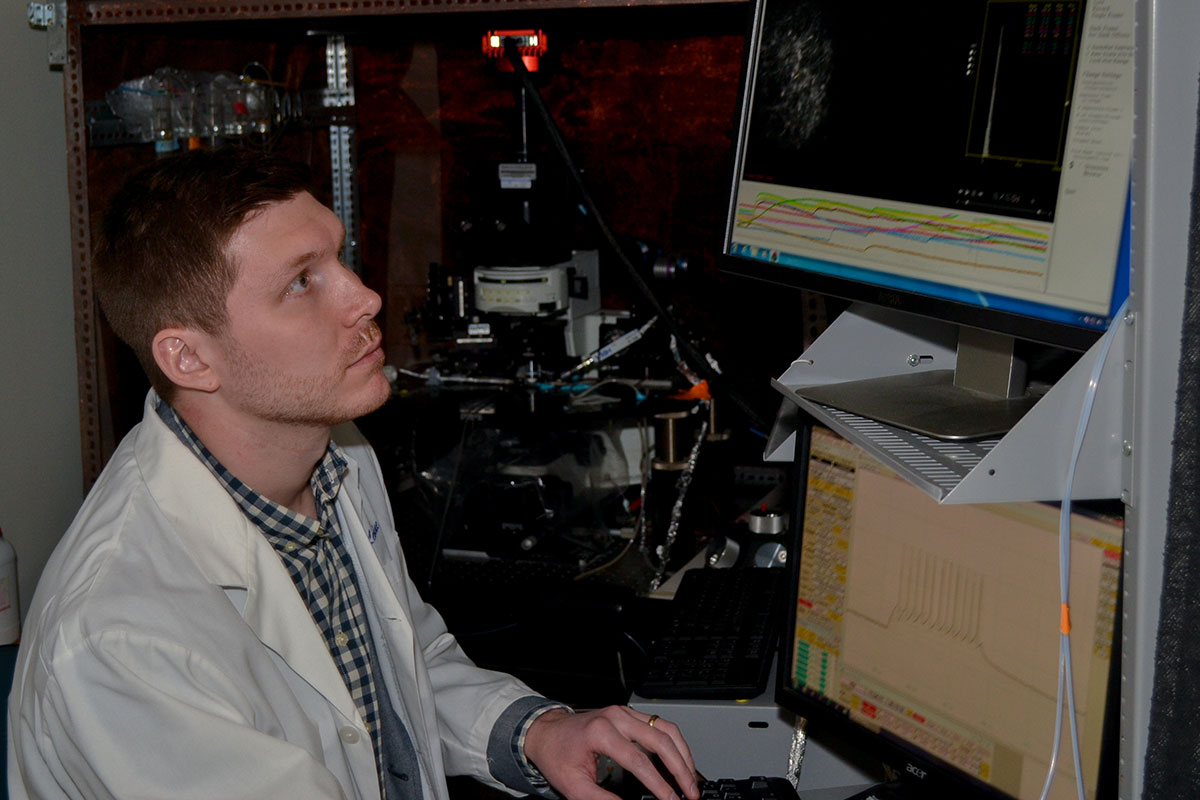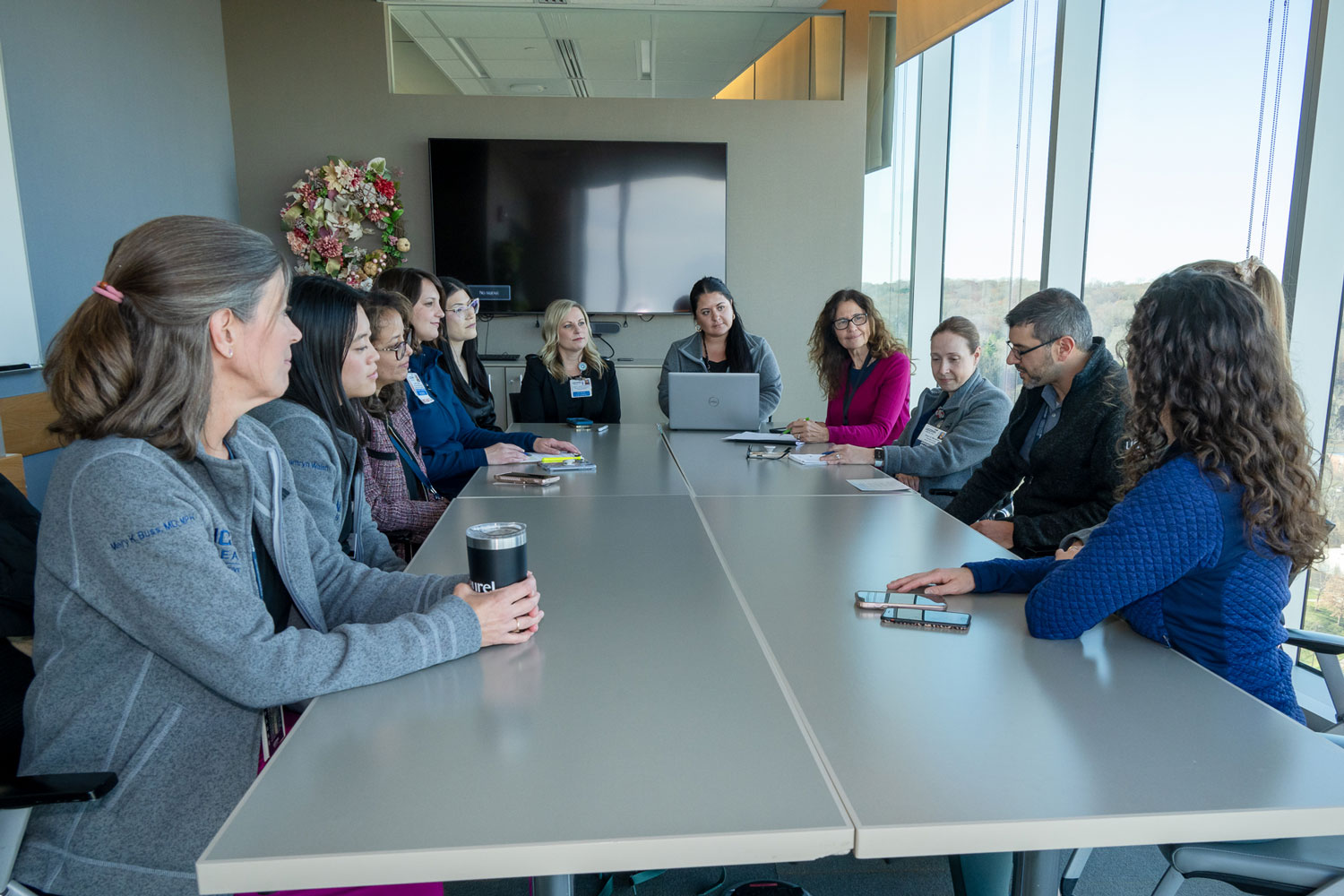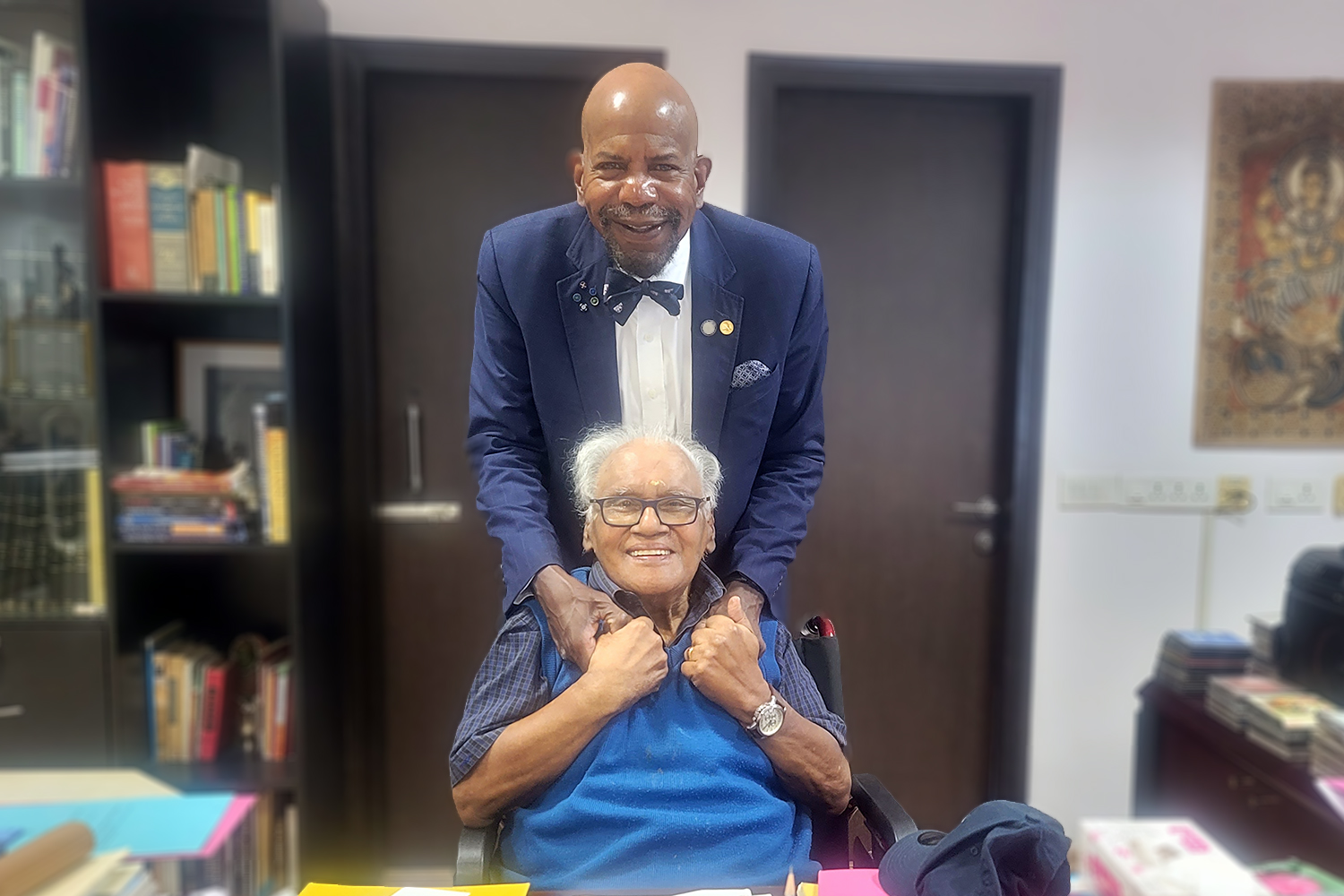UConn Health’s 2018 commencement exercises are Monday, May 7, at the Jorgensen Center for the Performing Arts in Storrs. This year’s graduating classes include 43 candidates from the UConn School of Dental Medicine and 85 candidates from the UConn School of Medicine, including four M.D./Ph.D. candidates and four M.D./MPH candidates. An additional 47 master’s students and 22 Ph.D. students are graduating from UConn Health’s programs within the UConn Graduate School.
UConn Today is featuring each of the three student commencement speakers, starting with Ph.D. candidate James Fink.

In a matter of weeks, James Fink will go from being a lifelong student to a senior scientist at a Boston biotechnology company, where he’ll try to advance potential treatments for patients with brain development disorders such as autism.
Not bad for someone who 10 years earlier wasn’t invited back for his sophomore year in Storrs.
Fink, 29, is the oldest of three children from a Poughkeepsie, New York, family that’s never produced a scientist. He spent the last four and a half years in the laboratory of neuroscience professor Eric Levine, director of the UConn Health Neuroscience Graduate Program. There, Fink has been studying neurons derived from patients’ skin and blood samples. Scientists can generate induced pluripotent stem cells from these samples and then convert them into neurons. This enables experimentation on genetic replicas of a patient’s neurons in the lab setting rather than on the living patient.
“I actually was subject to dismissal at UConn, after being a freshman,” Fink says. “I appealed the decision, and they let me in, under a bunch of criteria that I had to meet, and very strict rules that I had to follow.”
Fink changed his approach that fall and got his grades up, and that spring he discovered something about himself that would set him on his path.
“I took a psychology course, which is the first time I learned about dopamine and serotonin, and all this other stuff, and I found myself obsessed with those topics,” Fink says. “I wound up getting really good grades on all the tests. This was the first time, at this huge university with 200 kids in all my classes, where I really felt like I can compete with all these other really smart, brilliant people who are in my classes. I realized that part of that was because of my interest in the brain.”
He graduated from UConn as a dual major in biology and psychology with a minor in neuroscience, and followed that with a master’s in neuroscience from the University of Hartford.
While in the UConn Health Graduate School, Fink won the Milton B. Wallack Award for Excellence in Stem Cell and Regenerative Medicine Research, and an award from Alexion Pharmaceuticals to test the effectiveness of certain drugs on preventing seizures associated with Angelman syndrome and chromosome 15q11.2-13.1 duplication syndrome (also known as Dup15q syndrome). He defended his dissertation in January and leaves UConn Health with a Ph.D. in biomedical sciences.
“Now I have the chance to apply my Ph.D. skills at the biotech level, where the resources and technology allow the potential of bringing treatments to the clinic,” Fink says of his next chapter. He starts next month at Q-State Biosciences in Cambridge, Massachusetts, which he describes as “a company pretty much built around the same ideas and goals that we have believed in and have been pursuing during my Ph.D.”
Fink says he intends to work as hard as he has for the last 10 years, and he encourages the Classes of 2018 to join him.
“I have this sense that the world has a lot of huge problems that we’re going to face, and no clear answer on how to solve them,” Fink says. “There comes a point in your career where you say, ‘Now I’ve earned it, now I can just relax.’ But I think we’re in a time in the world right now where that’s not the answer. I think keeping your foot to the pedal to try to get these things figured out, that’s going to require continued momentum and work.”



